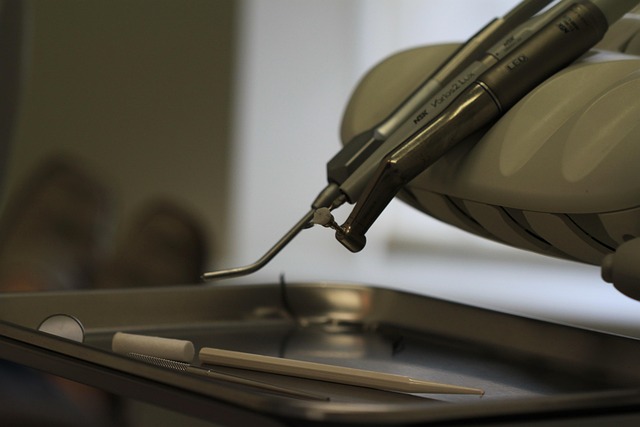
Sedation Dentistry
Understanding Sedation Dentistry
Sedation dentistry is a specialized approach to dental care designed to help patients manage anxiety and discomfort during dental procedures. For many individuals, the thought of visiting the dentist can evoke feelings of fear or stress. Sedation dentistry offers a way to alleviate these concerns, allowing patients to receive necessary treatments in a more relaxed state.
What is Sedation Dentistry?
At its core, sedation dentistry involves the use of medication to help patients feel calm and comfortable during dental procedures. This can be particularly beneficial for those who experience dental anxiety, fear, or phobia. Sedation can also be useful for longer or more invasive treatments, where remaining still and relaxed is crucial for both the patient and the dentist.
Types of Sedation Used in Dentistry
There are several types of sedation that dentists may use, depending on the patient's needs and the complexity of the procedure:
- Minimal Sedation: In this state, patients are awake but relaxed. This can be achieved through inhalation of nitrous oxide, commonly known as laughing gas.
- Moderate Sedation: Patients may be drowsy but can still respond to verbal commands. This is often administered through oral medications or intravenous (IV) sedation.
- Deep Sedation: Patients are on the edge of consciousness but can still be awakened. This level of sedation is typically reserved for more complex procedures.
- General Anesthesia: This is the most profound level of sedation, where patients are completely unconscious. It is used for extensive surgeries and is administered in a controlled environment.
Benefits of Sedation Dentistry
There are numerous advantages to choosing sedation dentistry, including:
- Reduced Anxiety: Many patients find that sedation helps them overcome their fear of dental visits, making it easier to attend regular check-ups.
- Painless Procedures: Sedation can help minimize discomfort during treatments, allowing for a more pleasant experience.
- Time Efficiency: With patients more relaxed, dentists can often complete procedures more quickly and efficiently.
- Enhanced Cooperation: Sedation helps patients remain still and calm, which is particularly important for complex procedures.
Who Can Benefit from Sedation Dentistry?
Sedation dentistry is suitable for a wide range of individuals, including:
- Those with dental anxiety or phobia.
- Patients undergoing lengthy or complicated procedures.
- Individuals with a low pain threshold.
- Patients with special needs who may require additional support during dental visits.
Consultation and Safety
Before undergoing sedation dentistry, it is essential to have a thorough consultation with your dentist. They will evaluate your medical history, discuss your specific concerns, and determine the most appropriate sedation method for your needs. Safety is a top priority, and dentists are trained to monitor patients throughout the procedure to ensure their well-being.
Conclusion
Sedation dentistry can be a valuable tool for those who struggle with anxiety or discomfort during dental visits. By understanding the options available and discussing them with a dental professional, patients can take significant steps toward achieving better oral health without the burden of fear. If you have been putting off dental care due to anxiety, consider reaching out to your dentist to explore sedation options that may work for you.

















 Waxing Aftercare Dos and Don'ts
Waxing Aftercare Dos and Don'ts 
 Health
Health  Fitness
Fitness  Lifestyle
Lifestyle  Tech
Tech  Travel
Travel  Food
Food  Education
Education  Parenting
Parenting  Career & Work
Career & Work  Hobbies
Hobbies  Wellness
Wellness  Beauty
Beauty  Cars
Cars  Art
Art  Science
Science  Culture
Culture  Books
Books  Music
Music  Movies
Movies  Gaming
Gaming  Sports
Sports  Nature
Nature  Home & Garden
Home & Garden  Business & Finance
Business & Finance  Relationships
Relationships  Pets
Pets  Shopping
Shopping  Mindset & Inspiration
Mindset & Inspiration  Environment
Environment  Gadgets
Gadgets  Politics
Politics 